Rodrigo “Rod” Fuentes (Montreal ’76) obtained his BS Forestry in 1980 from the College of Forestry, University of the Philippines Los Baños and his MA in Urban in Planning and Regional Planning in 1984 from UP Diliman. He was the Grand Varron of the Forestry Chapter in 1979-1980.
You have been the Executive Director of ACB for almost two years now. Can you give us a brief rundown of what you are doing as its director?
The ASEAN Centre for Biodiversity is a newly established intergovernmental institution supported by the ten Member States of the ASEAN (Association of Southeast Asian Nations). As an intergovernmental organization, the Centre functions as a facilitative and collaborative institution geared towards assisting member states sustainably manage and use their diverse biological resources. ACB’s predecessor institution was the ASEAN Regional Centre for Biodiversity Conservation (ARCBC) Project implemented from 1999-2004. ARCBC provided valuable lessons and experiences for defining the role of regional institutions that the ten Member States decided to elevate the status of ARCBC into a regional intergovernmental centre to which the ACB is structured.
My function as Director of ACB is to steer the Centre perform its key role of being a facilitative and collaborative regional organization specifically on the following aspects: Policy and Programme Development; Human and Institutional Capacity Development; Biodiversity and Knowledge Management which backbone is Biodiversity Information Sharing Service (BISS) and the public awareness and advocacy on biodiversity. Two other components are being pursued namely, Institutional Development of ACB that focuses on fully establishing the legal identity of the Centre thereby gain international recognition as an institution and Sustainable Financing which concentrates on mobilizing resources that will provide the cost cover for the operations of the Centre and support to implement its country/ programmatic activities. Concretely, ACB is envisioned to provide service to the needs of the AMS by pursuing the following functions:
(1) Serving as an effective coordinative body to facilitate discussion and resolution of cross-country biodiversity conservation issues;
(2) Providing a framework and mechanism for sharing information, experiences, best practices and lessons learned for efficient access of AMS;
(3) Implementing a pro-active approach in monitoring and assessing biodiversity conservation status as a strategic approach towards identifying critical issues and future trends;
(4) Delivering/facilitating conduct of capacity-building services and technology transfer through engaging relevant and appropriate expertise;
(5) Enhancing common understanding of biodiversity conservation issues strengthening ASEAN regional positions in negotiations and in compliance with relevant multilateral environmental agreements;
(6) Promoting regional public awareness to develop champions and enhance support at different stakeholder levels on biodiversity concerns; and
(7) Undertaking innovative resource generation and mobilization measures to pursue impact activities that will enhance biodiversity conservation in the region.
Why was ACB created and why is it based in the Philippines? Is there any advantage for the Philippines for it to be located locally?
The establishment of ACB is driven by the fact that the ASEAN has thousands of plant, bird, marine, insect and other animal species that are endemic to the region. ASEAN occupies only a meager three percent of the earth’s total surface but it is home to 20 percent of all known species of plants and animals, making it critically important to global environmental sustainability. Southeast Asia has one-third or 284,000 square kilometers of all coral reefs, which are among the most diverse in the world. The region has three of the world’s seventeen mega-diverse countries: Indonesia, Malaysia and the Philippines. It is of no surprise that the ten countries of ASEAN are signatories to the United Nations Convention on Biological Diversity, one of the three global environmental covenants (the two others are the UN Framework Convention on Climate Change and UN Convention to Combat Desertification) that was a product of the 1992 Earth Summit held in Rio de Janiero, Brazil.
Last Updated on October 12, 2016 by Tudla_Admin


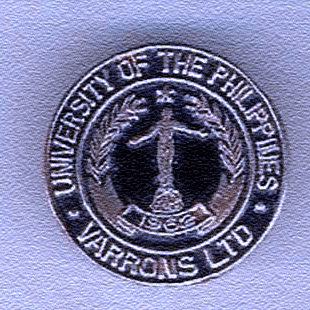





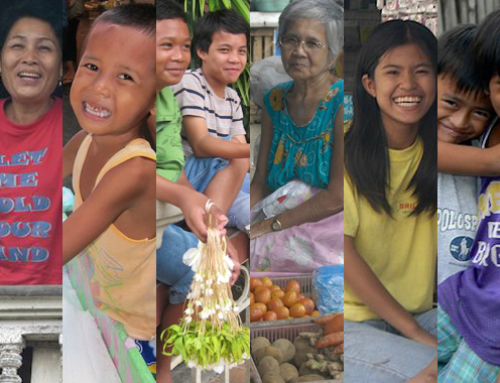

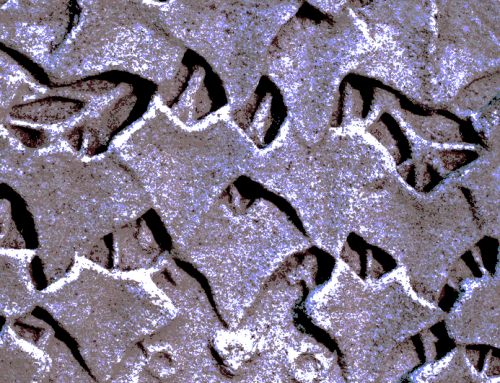
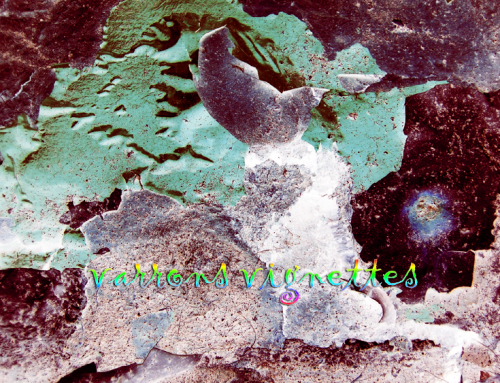
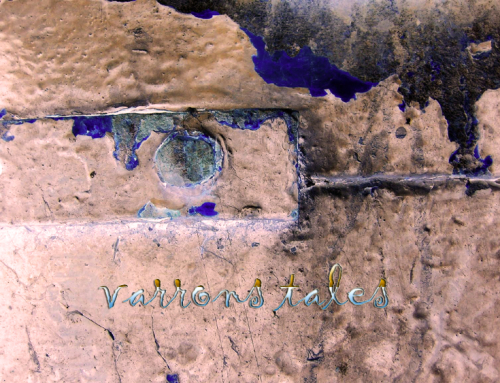
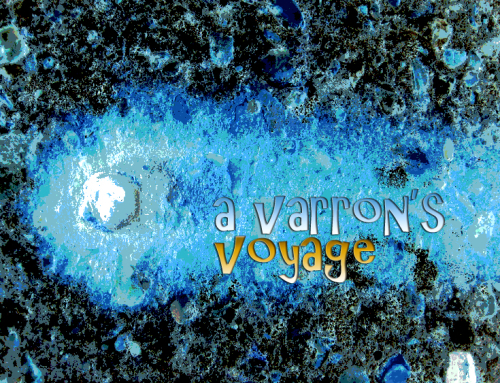

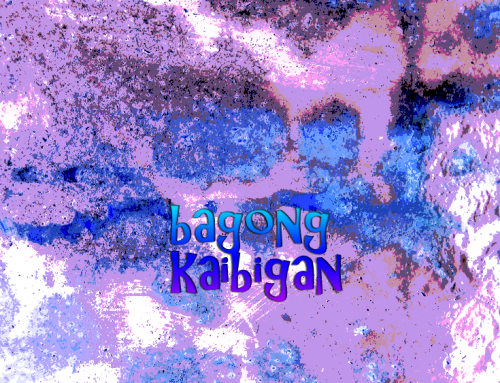

[…] Rodrigo “Rod” Fuentes (Montreal ‘76) is the recipient of the 2009 Most Outstanding Professional in Forestry by the Professional Regulatory Commission (PRC) in the Philippines. In its citation, the PRC highlighted, among others, Rod’s ” exempliying professional competence of the highest degree with integrity in over 20 years of practice of his profession as a sustainable development and urban and regional planning specialist in planning, policy advisory, program design, implementation and management of environment and sustainable development initiatives, natural resource and urban development projects.” […]